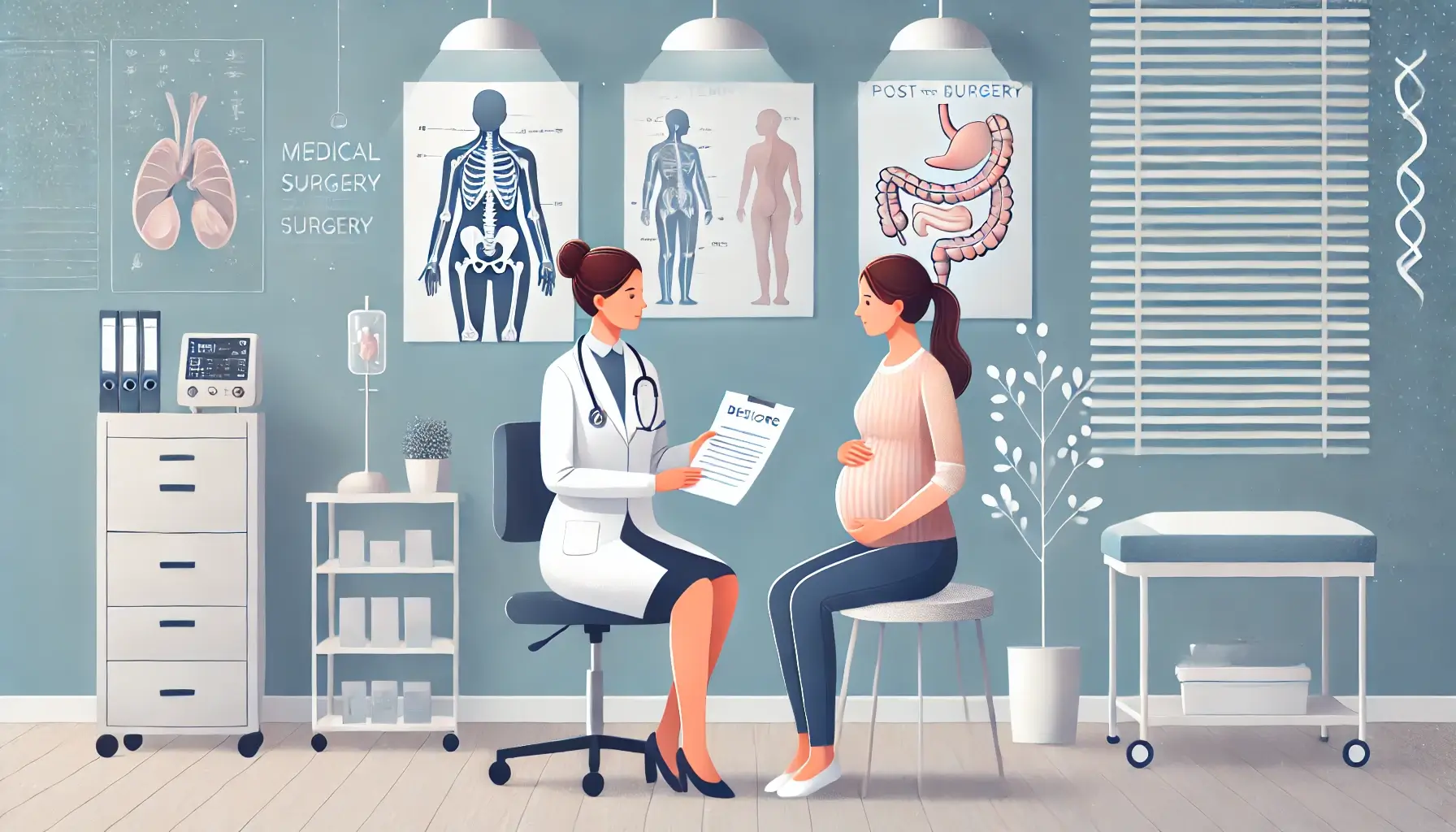I. Introduction
A. Brief overview of Alzheimer’s disease
Alzheimer’s disease is a progressive neurodegenerative disorder characterized by the gradual onset of memory loss, impaired thinking, and changes in personality or behavior. It is the most common cause of dementia in older adults, accounting for an estimated 60% to 80% of cases. Named after Dr. Alois Alzheimer, who first described the condition in 1906, Alzheimer’s disease primarily affects individuals aged 65 and older, though early-onset Alzheimer’s can occur in individuals as young as 40. Alzheimer’s disease is marked by abnormal protein deposits in the brain, known as amyloid plaques, and tangles of a protein called tau, leading to the loss of connections between nerve cells, and eventually, cell death.
B. Importance of early detection and understanding of Alzheimer’s
Early detection of Alzheimer’s disease is crucial for several reasons. Firstly, it allows for the timely administration of available treatments that can help manage symptoms and slow down the progression of the disease, improving the quality of life of the affected individual. Secondly, it provides an opportunity for the individual and their family to plan for the future, make legal and financial arrangements, and establish a support system. Understanding the signs and symptoms of early-stage Alzheimer’s is paramount for early detection. Knowledge about the disease can also reduce the stigma associated with it, facilitate more informed discussions with healthcare professionals, and promote healthier lifestyle choices that may lower the risk of Alzheimer’s disease.
II. Understanding Alzheimer’s Disease
A. Definition of Alzheimer’s
Alzheimer’s disease is a neurodegenerative disorder marked by cognitive and behavioral problems. It is the most common form of dementia, a term that encompasses various conditions characterized by chronic and progressive memory loss, difficulties with problem-solving or thinking, and changes in social and behavioral skills that interfere with daily activities. Alzheimer’s disease is not a part of normal aging, but the risk of developing the disease increases significantly with age.
B. The science behind Alzheimer’s disease
- Brain changes
Alzheimer’s disease is characterized by distinctive changes in the brain. Primarily, it involves the buildup of two types of proteins, beta-amyloid and tau. Beta-amyloid proteins clump together to form plaques that build up between nerve cells, while tau proteins form tangles inside the cells. These plaques and tangles disrupt the normal functioning of neurons and interfere with the cells’ ability to communicate, leading to cell death. Over time, this process results in brain tissue loss, or atrophy, and the progressive symptoms associated with Alzheimer’s.
- Role of genetics
Genetics play a significant role in the development of Alzheimer’s disease. Some genes, such as APOE-e4, are known to increase the risk of the disease but do not guarantee its onset. There are also rare genetic mutations linked to early-onset Alzheimer’s disease, which typically occurs before the age of 65. These mutations, found in the APP, PSEN1, and PSEN2 genes, are usually inherited in an autosomal dominant pattern, meaning that inheriting a copy of the mutated gene from just one parent is enough to cause the disease.
- Role of lifestyle and environment
Research suggests that lifestyle and environmental factors also contribute to the risk of Alzheimer’s disease. These include elements such as physical inactivity, poor diet, smoking, heavy alcohol use, and limited social engagement. Certain health conditions, such as heart disease, diabetes, and high blood pressure, especially when they occur in midlife, can also increase the risk. However, maintaining a healthy lifestyle with regular physical and mental activity, a balanced diet, social engagement, and control of cardiovascular risk factors can help lower the risk of Alzheimer’s disease.
III. Early Signs and Symptoms
A. Memory loss that disrupts daily life
One of the most common signs of early-stage Alzheimer’s is memory loss, particularly forgetting recently learned information. This is not the occasional forgetfulness that we all experience but a more significant memory loss that disrupts daily life—forgetting important dates or events, repeatedly asking for the same information, or increasingly needing to rely on memory aids.
B. Challenges in planning or problem-solving
People with Alzheimer’s often find it hard to develop and follow a plan or work with numbers. They may have trouble following a familiar recipe or keeping track of monthly bills. They may also have difficulty concentrating and take much longer to do things than they did before.
C. Difficulty completing familiar tasks
Daily tasks that were once familiar and routine can become challenging. This can include things like driving to a familiar location, managing a budget at work, or remembering the rules of a favorite game.
D. Confusion with time or place
Alzheimer’s patients can lose track of dates, seasons, and the passage of time. They may have trouble understanding something if it isn’t happening immediately, and sometimes they may forget where they are or how they got there.
E. Trouble understanding visual images and spatial relationships
Visual problems can also be a symptom of Alzheimer’s. Some people may have difficulty reading, judging distance, determining color or contrast, or recognizing their own reflection.
F. New problems with words in speaking or writing
People with Alzheimer’s may struggle with vocabulary, have problems finding the right word, or call things by the wrong name. They may also struggle with conversations, stop in the middle of a conversation and have no idea how to continue, or they may repeat themselves.
G. Misplacing things and losing the ability to retrace steps
A person with Alzheimer’s disease may put things in unusual places. They may lose things and be unable to go back over their steps to find them again. Sometimes, they may accuse others of stealing.
H. Decreased or poor judgment
Alzheimer’s patients may experience changes in judgment or decision-making. For example, they may use poor judgment when dealing with money, giving large amounts to telemarketers. They may pay less attention to grooming or keeping themselves clean.
I. Withdrawal from work or social activities
A person with Alzheimer’s may begin to remove themselves from hobbies, social activities, work projects, or sports. They may have trouble keeping up with a favorite team or remembering how to complete a project. They may also avoid social situations because of the changes they have experienced.
J. Changes in mood and personality
The mood and personalities of people with Alzheimer’s can change. They can become confused, suspicious, depressed, fearful, or anxious. They may be easily upset at home, at work, with friends, or in places where they are out of their comfort zone.
IV. How to Differentiate Normal Aging from Early-Stage Alzheimer’s
A. Normal aging signs
With normal aging, it’s common to have some forgetfulness, such as forgetting the name of a person you recently met, or misplacing items from time to time. Aging can also come with minor problems in word-finding or losing one’s train of thought. However, these instances are typically brief, do not disrupt daily life, and the forgotten information is usually recalled later.
B. Early Alzheimer’s symptoms
In contrast, the signs and symptoms of Alzheimer’s are more serious and consistent. This includes forgetting important dates or events, asking for the same information over and over, increasingly needing to rely on memory aids or family members for things they used to handle on their own, and being unable to follow or join a conversation. There are also instances of confusion with time and place, difficulty completing familiar tasks, and changes in mood and personality. These symptoms persist and worsen over time, leading to significant changes in a person’s ability to function independently.
C. When to see a doctor
If you or a loved one experience memory difficulties or other changes in thinking skills, don’t ignore them. Consult a healthcare provider. It might be nothing and merely part of aging, but it could also be a symptom of a condition such as Alzheimer’s disease. Early diagnosis and intervention methods can improve the quality of life for people with Alzheimer’s and their caregivers. It’s also essential for anyone experiencing symptoms to have a thorough medical evaluation to rule out other possible causes of these symptoms, such as a vitamin deficiency or thyroid problem.
V. Importance and Benefits of Early Detection
A. Early medical intervention
Detecting Alzheimer’s disease early is crucial as it allows for early medical intervention. While there is currently no cure for Alzheimer’s, early diagnosis can provide access to treatment options that can help manage the symptoms and slow down the progression of the disease. This can significantly improve the quality of life for those affected. In addition, early detection can also allow individuals to participate in clinical trials, contributing to research that might lead to new treatments.
B. Lifestyle changes and their impact
Early detection of Alzheimer’s disease can also prompt beneficial lifestyle changes. Certain lifestyle modifications such as regular physical exercise, a brain-healthy diet, adequate sleep, and social and mental stimulation can potentially slow the progression of the disease and improve overall health. Moreover, controlling cardiovascular risk factors like hypertension, diabetes, and hypercholesterolemia can reduce the risk of Alzheimer’s disease.
C. Planning for the future
Being diagnosed early provides the opportunity for patients and their families to plan for the future while the patient can still participate in decisions about their care. This includes making legal and financial plans, arranging for long-term care, and discussing preferences for future care. Early diagnosis also allows the person with Alzheimer’s and their family to take advantage of support services such as counseling, support groups, and resources that can help them understand and manage the disease.
VI. How to Support a Loved One with Early-Stage Alzheimer’s
A. Emotional support
Providing emotional support is paramount when caring for a loved one with early-stage Alzheimer’s. Encourage them to express their feelings, and make sure to acknowledge their emotions. Maintain open lines of communication, and practice patience and empathy. Keep in mind that they may be experiencing fear, confusion, and anxiety due to their diagnosis. Consistent reassurances of your support and love can help them cope with the changes they’re experiencing.
B. Practical support
Practical support involves aiding in day-to-day tasks that may become difficult for your loved one. This might include help with managing appointments, medications, finances, or household chores. As their disease progresses, they may need more support in these areas. It’s also beneficial to establish a regular routine to provide structure and predictability.
C. Professional resources and support groups
There are many resources available for both individuals with Alzheimer’s and their caregivers. These include educational materials, counseling services, caregiver training programs, and respite care services. Support groups can also be a valuable resource, providing a safe space to share experiences and learn from others in similar situations. These resources can help manage the challenges that come with Alzheimer’s disease and provide strategies to cope with different stages of the disease.
VII. Conclusion
A. Recap of the importance of understanding early-stage Alzheimer’s
Understanding the signs and symptoms of early-stage Alzheimer’s is crucial for several reasons. Recognizing the early signs can lead to quicker diagnosis, which allows for early medical intervention that can help manage symptoms and slow the progression of the disease. Early detection also provides an opportunity for individuals and their families to plan for the future and make necessary lifestyle changes.
B. Encouragement for individuals and families dealing with Alzheimer’s
For those living with Alzheimer’s and their families, it’s essential to remember that you are not alone. There are numerous resources and support groups available to assist you in this journey. Although dealing with Alzheimer’s can be challenging, many people with the disease continue to live meaningful and fulfilling lives for many years. With the right support and care, both individuals with Alzheimer’s and their caregivers can manage the disease and maintain quality of life.










